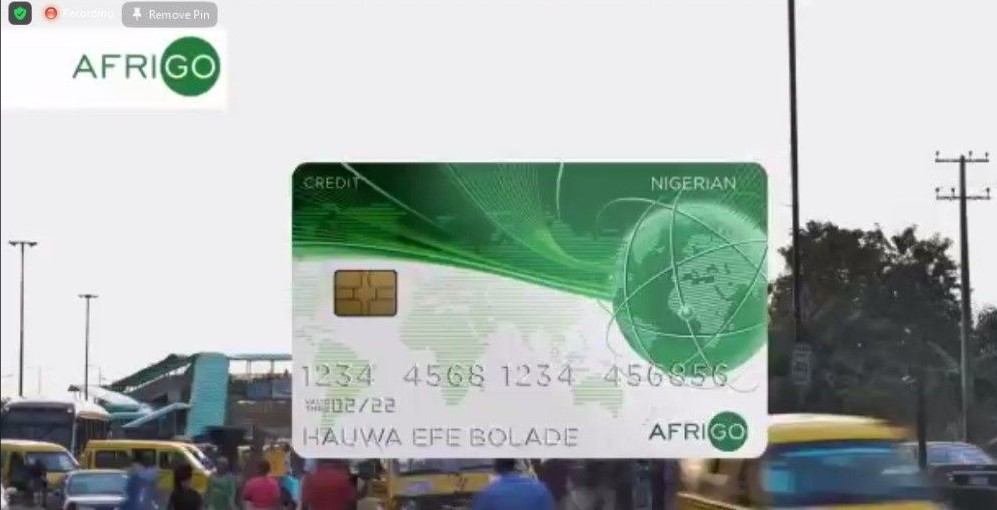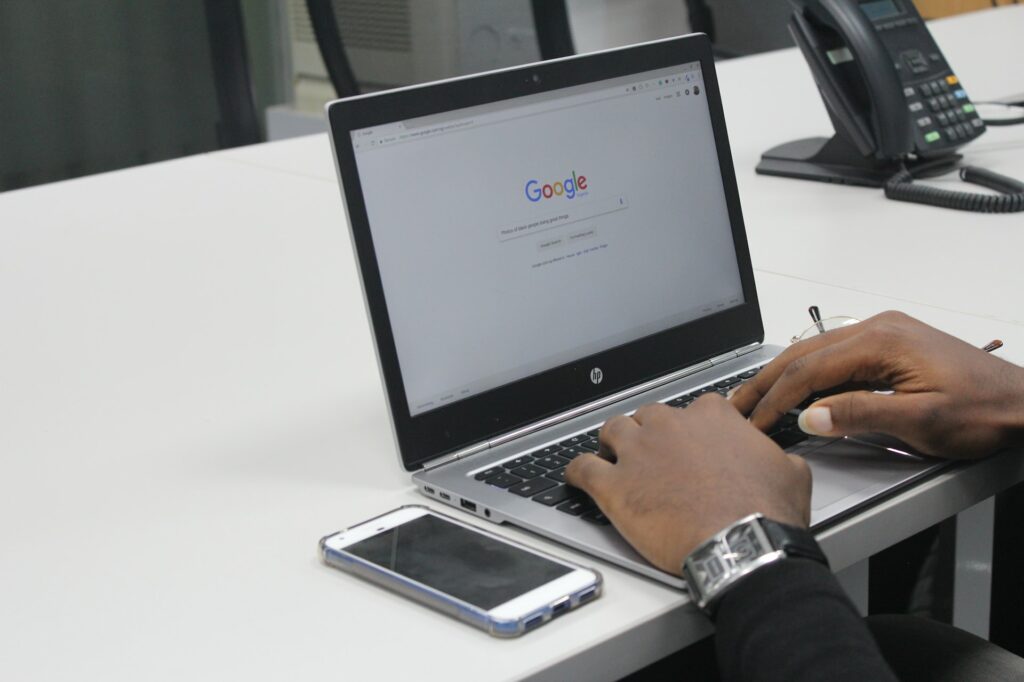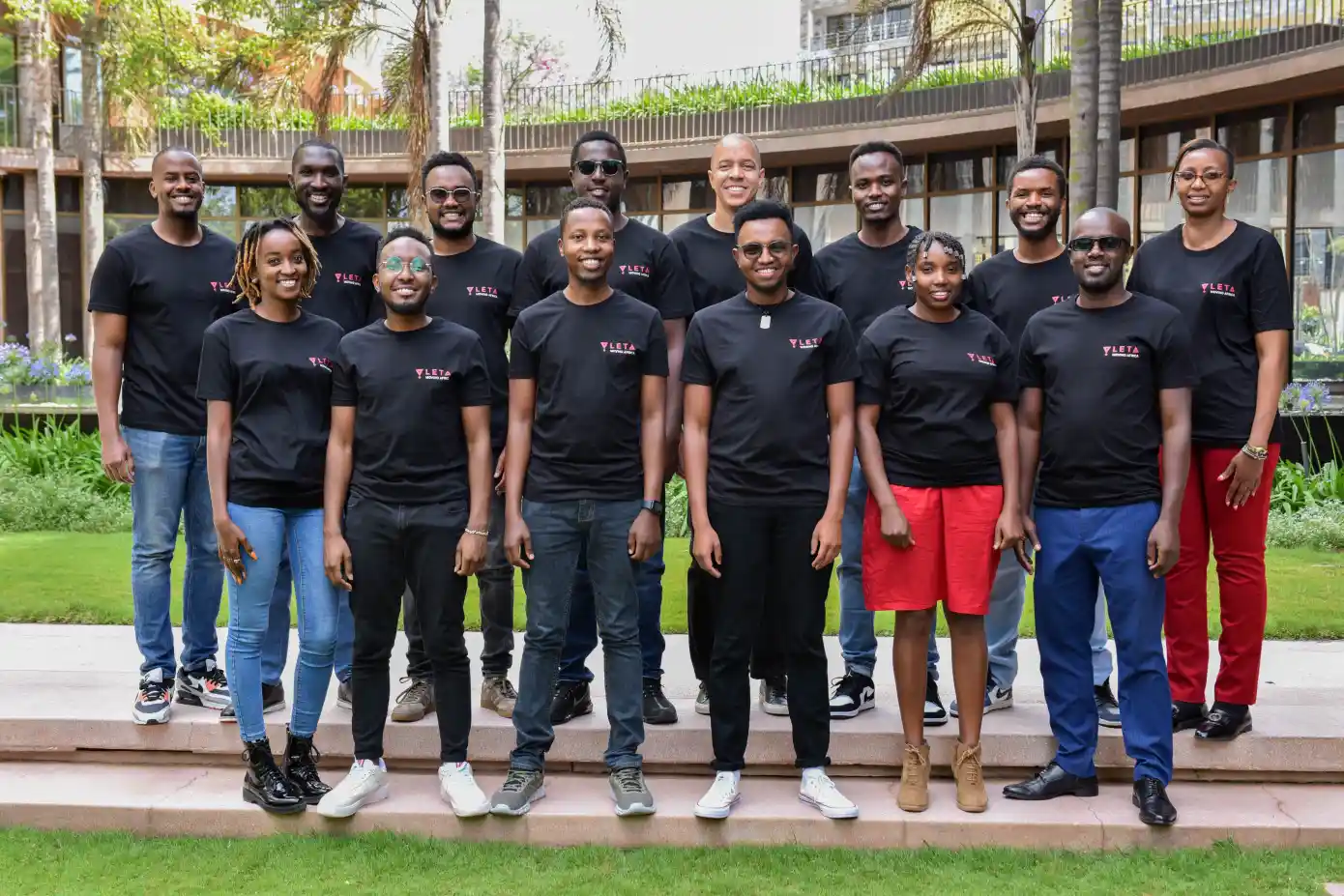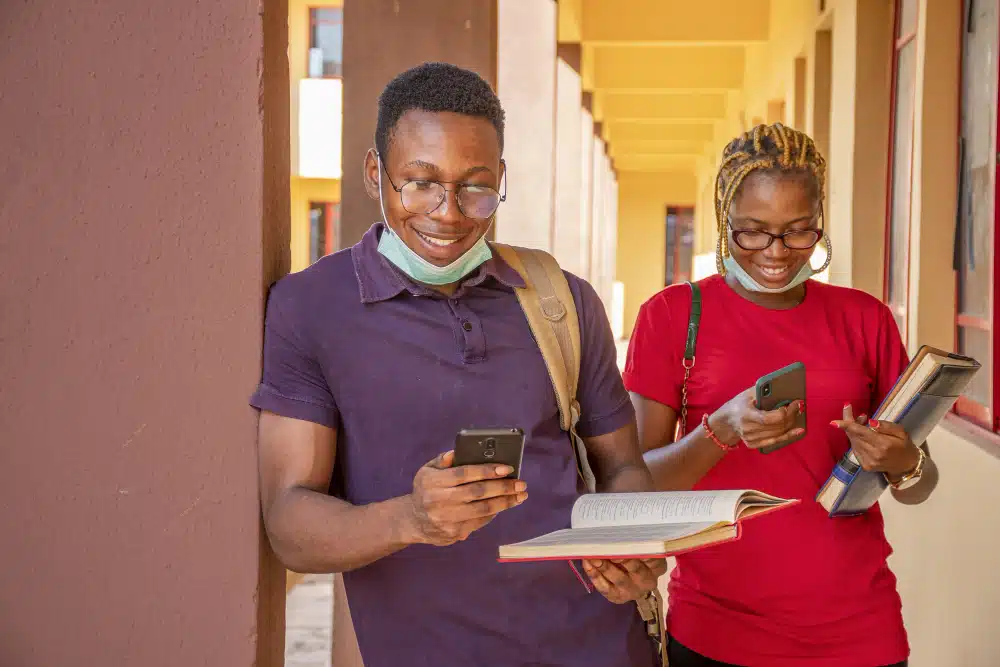Nǐ hǎo,
If you live in any part of Nigeria and have an entrepreneurial spirit, you’ve probably noticed some problems you’d like to solve.
While you can’t solve all due to limited resources, you need to understand how to evaluate startup ideas.
At February’s Pitch Friday, we’ll look at how entrepreneurs can evaluate startup ideas. Zion Thompson, Managing Director of Startup Launchcode, will facilitate the session.
Click this link if you want to pitch an idea or product. You can also register to attend.
Here’s what I’ve got for you today:
- All you need to know about AfriGo
- When not to self-diagnose
- Amazon delays plan to launch its African marketplaces
All you need to know about AfriGo

Remember that on Thursday, January 26, 2023, the Central Bank of Nigeria (CBN) launched a domestic card scheme in partnership with the Nigeria Inter-Bank Settlement System Plc (NIBSS).
The card, AfriGo, is the first of its kind in Africa and joins RuPay, UnionPay, Elo, and JCB as a card scheme launched by a national government.
Why is it important? According to the CBN, AfriGo will reduce the operating costs of cards in the country.
For instance, charges on the cards will be paid for using naira and will not be susceptible to dollar fluctuations.
But what are card schemes? They provide the infrastructure for users to conduct transactions using their debit, credit, or prepaid cards.
For example, if you want to withdraw money from an ATM or PoS agent, that transaction is made possible by technology provided by a card scheme.
There are three main card schemes in Nigeria — Mastercard, Visa, and Verve. With the addition of AfriGo, we can expect a fourth major player.
Consequently, the CBN’s decision to launch a card scheme has puzzled a few people and led to several questions.
In his latest article, Chimgozirim provides answers to some of these questions.Read it here: All you need to know about AfriGo, the CBN’s domestic card scheme
Self-diagnosis is good, but here’s where you draw the line

A few weeks ago, an acquaintance, Ngozi, and I had a chat concerning self-diagnosis and neurodevelopmental disorders.
Following the conversation, I began thinking about it and decided to write an article because I assumed every Internet user had self-diagnosed a medical condition. But I was wrong.
Let’s take a quick poll: Have you ever self-diagnosed a physical, mental, neurodevelopmental, or sexual health condition?
While I don’t like diagnosing my physical illnesses, I have self-diagnosed neurodevelopmental and sexual conditions.
Sidebar: Sexual conditions vary, and I believe now is a good time to revisit this story: How technology can improve your sex life in Africa
Self-diagnosis is the process of identifying and interpreting one’s symptoms and determining a possible diagnosis without the assistance of a medical professional.
You can self-diagnose via several methods, including researching symptoms online, using symptom checkers or home testing kits, or interpreting the results of a physical examination.
Interestingly, self-diagnosis is becoming more common globally due to the proliferation of self-diagnosing tech tools and the increased availability of telemedicine.
In Africa, where healthcare is often limited and expensive, self-diagnosis appears to be the only option; however, is it beneficial?
I’ll say that because we live in the information age, self-diagnosis can be a good thing.
However, it is critical to understand that self-diagnosis is not the same as talking to a medical practitioner. Hence, you should know where to draw the line. But where? You can find out here: Self-diagnosis is good, but here’s where you draw the line
Amazon delays plan to launch its African marketplaces

When Amazon announced plans to lay off 18,000 employees in January 2023, I knew it would affect its plans to launch its African marketplace.
Remember, in June 2022, Amazon announced plans to expand into five African, European, and South American countries — Belgium, Chile, Colombia, Nigeria, and South Africa.
The eCommerce giant confirmed its African project, codenamed “Project Fela,” two months later by registering the domains “Amazon.com.ng” and “Amazon.co.za”.
Amazon had planned to launch its South African marketplace in February 2023 — and secured warehouse space — but the company has reportedly delayed the launch until the end of the year.
It also intended to introduce its “Fulfillment by Amazon” service to third-party sellers.
The company was supposed to make its Prime membership programme available to South Africans shortly after its marketplace launch.
All of this, however, would be put on hold until it launches between the third and fourth quarters of 2023.
Sidebar: Amazon had also begun hiring for the launch of its marketplace in South Africa. It advertised numerous positions last year, including managerial positions related to its “ZA marketplace.”
Also, the company has reportedly paused its Nigerian marketplace rollout.
What I’m reading and watching
- Your iPhone Can Automatically Wish Your Friends Happy Birthday
- Hacker finds bug that allowed anyone to bypass Facebook 2FA
- Genius Inventions You Didn’t Know Existed
- What we wish we knew about sex
Opportunities
- Applications for the Future Africa Challenge 2023 are designed to explore the creative potentials of young Africans on the continent and in the diaspora. Apply here.
- If you’re a business professional, investor, or entrepreneur, apply for the VC4A mentorship programme here.
- If you are a software engineer, creative designer, product manager, design researcher, or a techie looking for an internship role, please, check out this website.
Have a wonderful Tuesday.
Victoria Fakiya for Techpoint Africa.









